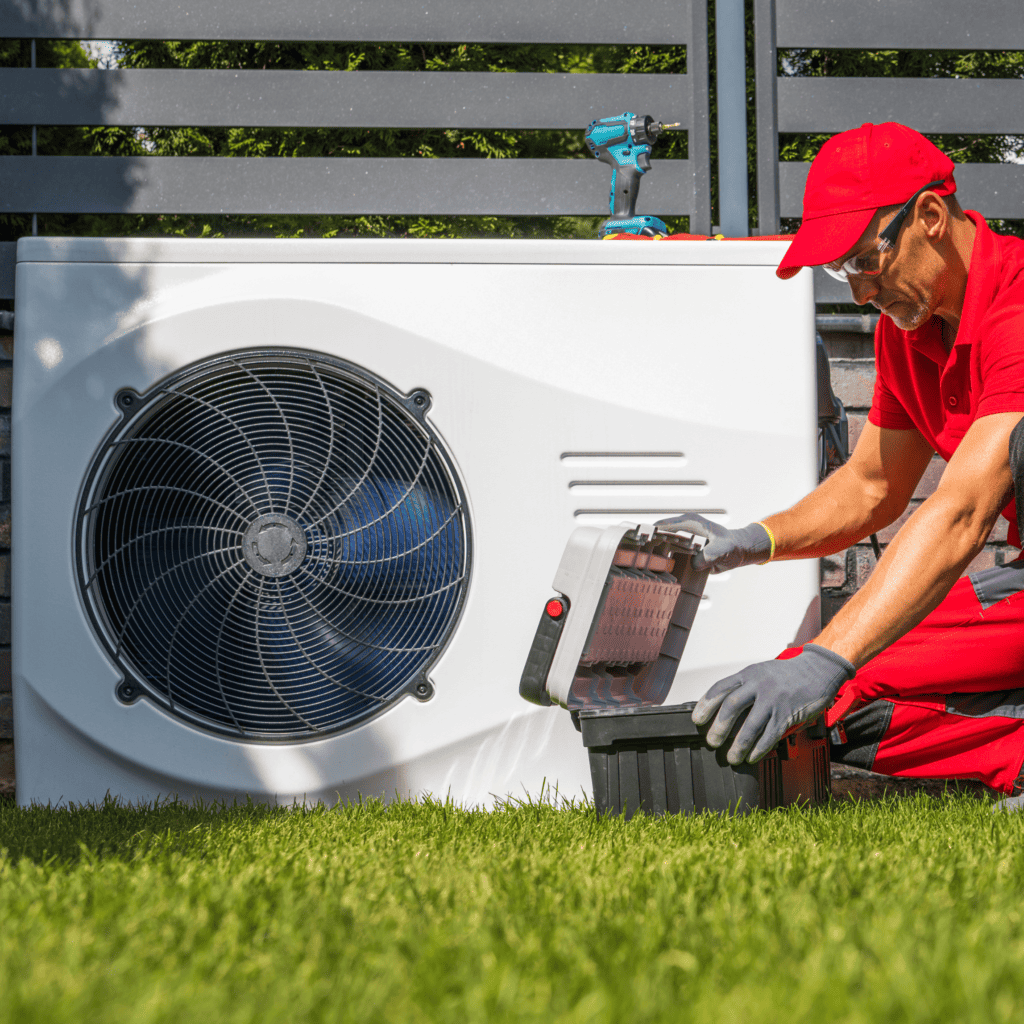As the seasons change, ensuring your home’s heating and cooling system is in optimal condition becomes essential. Heat pumps, being versatile devices for both heating and cooling, require regular maintenance to function efficiently. In this guide, we’ll delve into Heat Pump Maintenance 101, providing you with essential tips and tricks to keep your system running smoothly year-round.
Understanding Your Heat Pump
Begin by understanding how your heat pump works. Heat pumps transfer heat from one area to another, making them energy-efficient alternatives for traditional heating and cooling systems. Familiarize yourself with the basic components: the evaporator coil, condenser coil, compressor, and refrigerant.
Regular Cleaning and Inspection
Regular cleaning is fundamental. Dust and debris can hinder airflow, reducing the system’s efficiency. Clean or replace air filters every 1-3 months. Additionally, inspect the outdoor unit for any obstructions like leaves or branches, ensuring unrestricted airflow.
Checking Thermostat and Controls Ensure your thermostat is working correctly. Calibrate it if necessary and consider upgrading to a programmable thermostat for better temperature control. Verify that all controls, including the defrost cycle, are functioning as they should.
Coils and Fins Maintenance
Clean the evaporator and condenser coils annually. Dirty coils reduce the system’s ability to absorb and release heat effectively. Straighten any bent fins on the evaporator and condenser units to maintain proper airflow.
Refrigerant Level and Leaks Low refrigerant levels can indicate a leak. If you suspect a refrigerant issue, consult a professional technician. Refrigerant adjustments and leak repairs should always be handled by experts to avoid further damage.
Lubrication of Moving Parts Moving parts such as motors and fans require proper lubrication to reduce friction. Consult your manufacturer’s manual for guidelines on lubricating these components.
Professional Maintenance
While many maintenance tasks can be handled by homeowners, it’s wise to schedule professional maintenance annually. HVAC technicians can conduct in-depth inspections, identify potential issues, and ensure your system operates at peak efficiency.
Regular maintenance is the key to a long-lasting and efficient heat pump system. By following the tips outlined in this guide and scheduling professional maintenance, you’re not only ensuring your comfort but also extending the lifespan of your heat pump while minimizing energy costs. Stay proactive, and your heat pump will reward you with reliable performance throughout the year.


